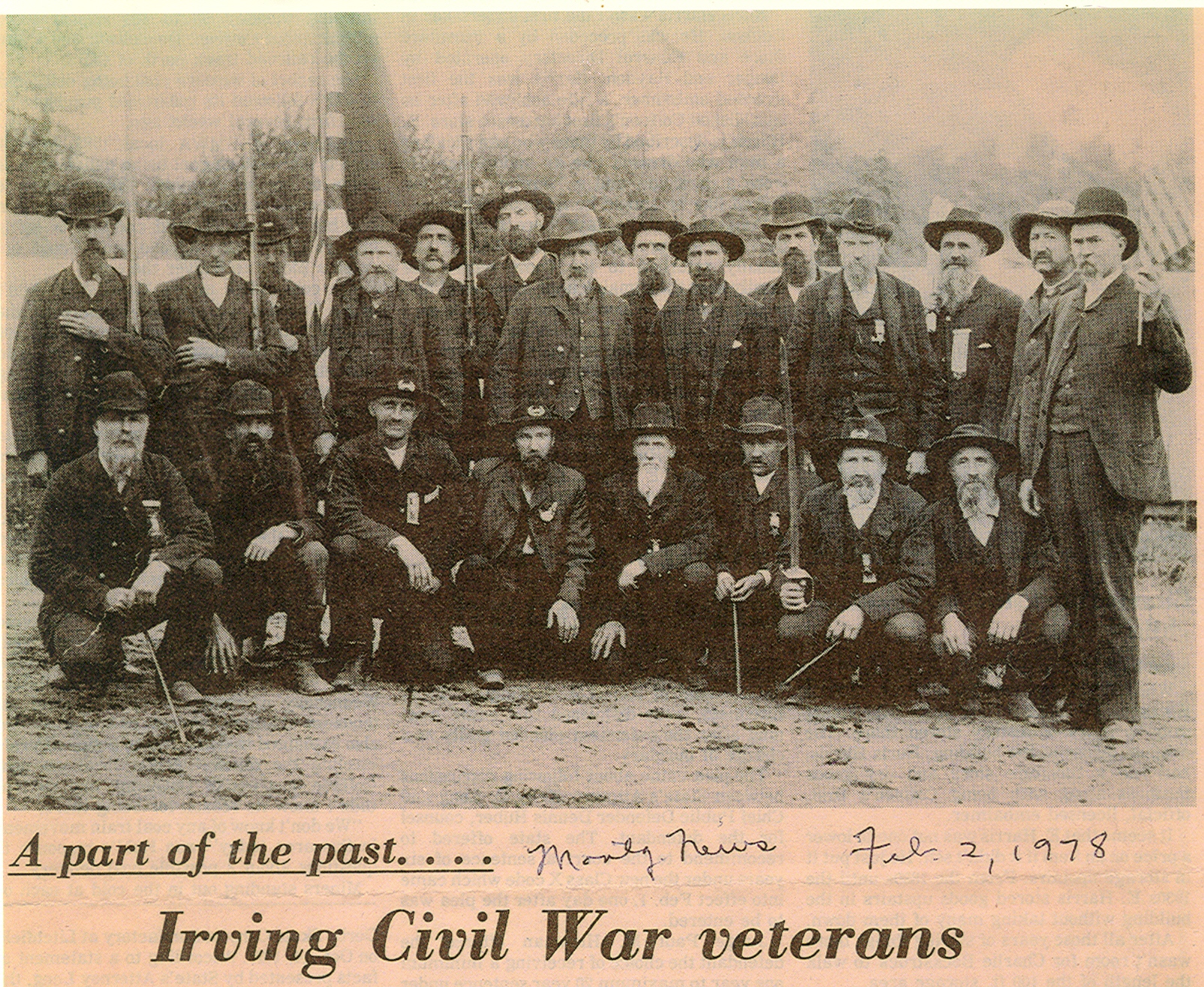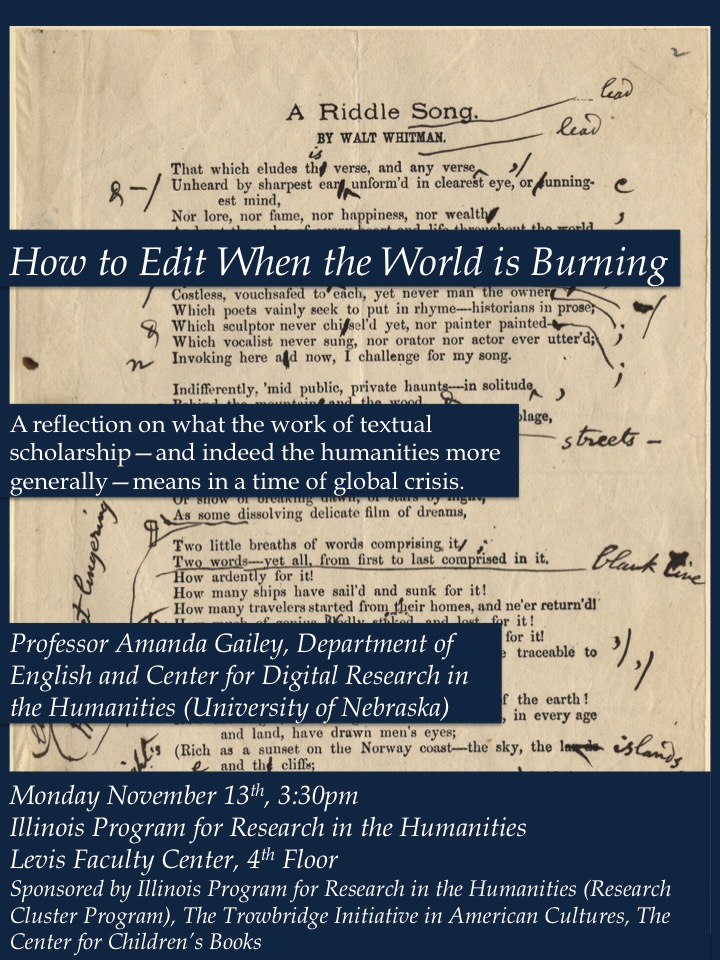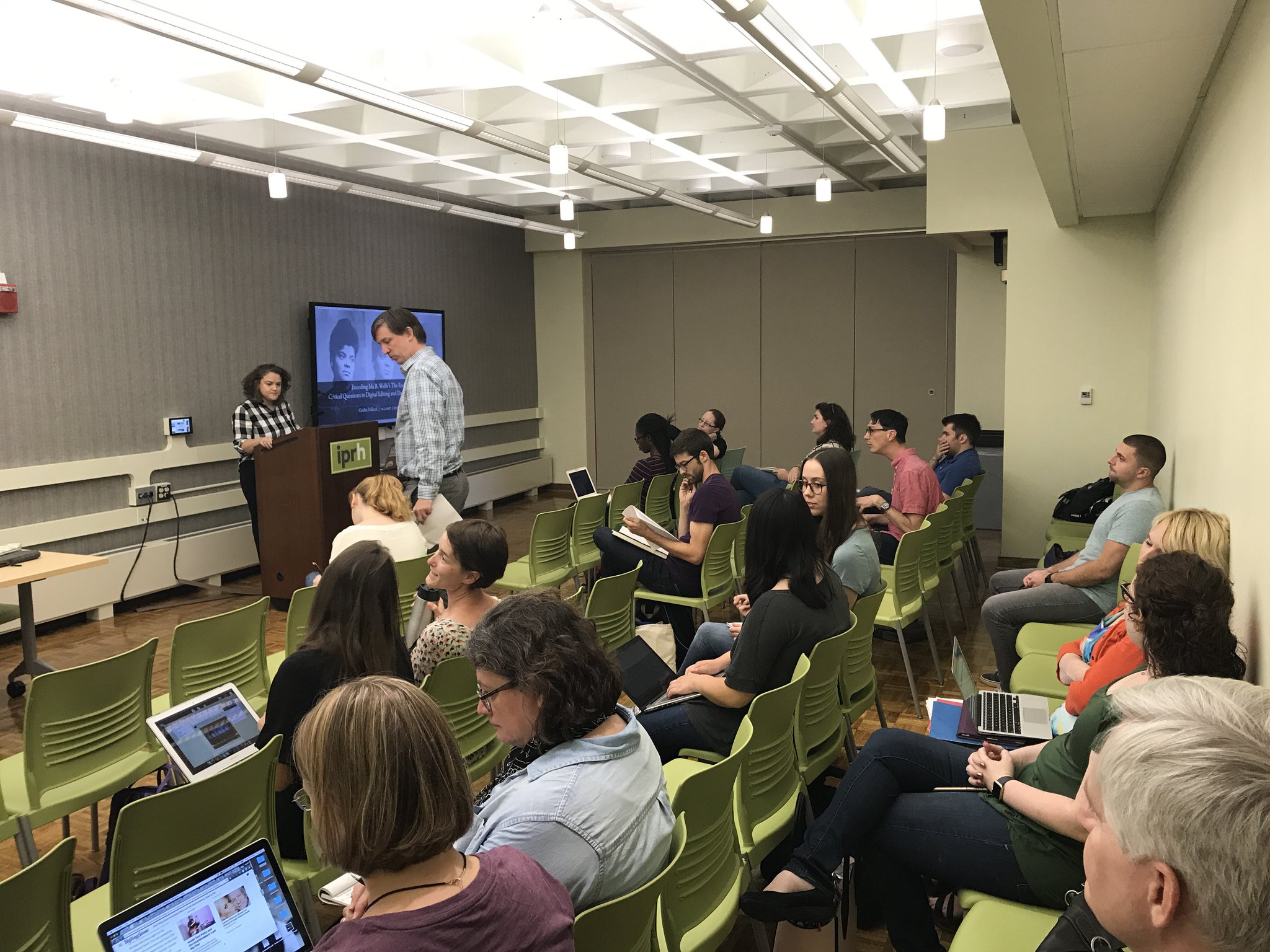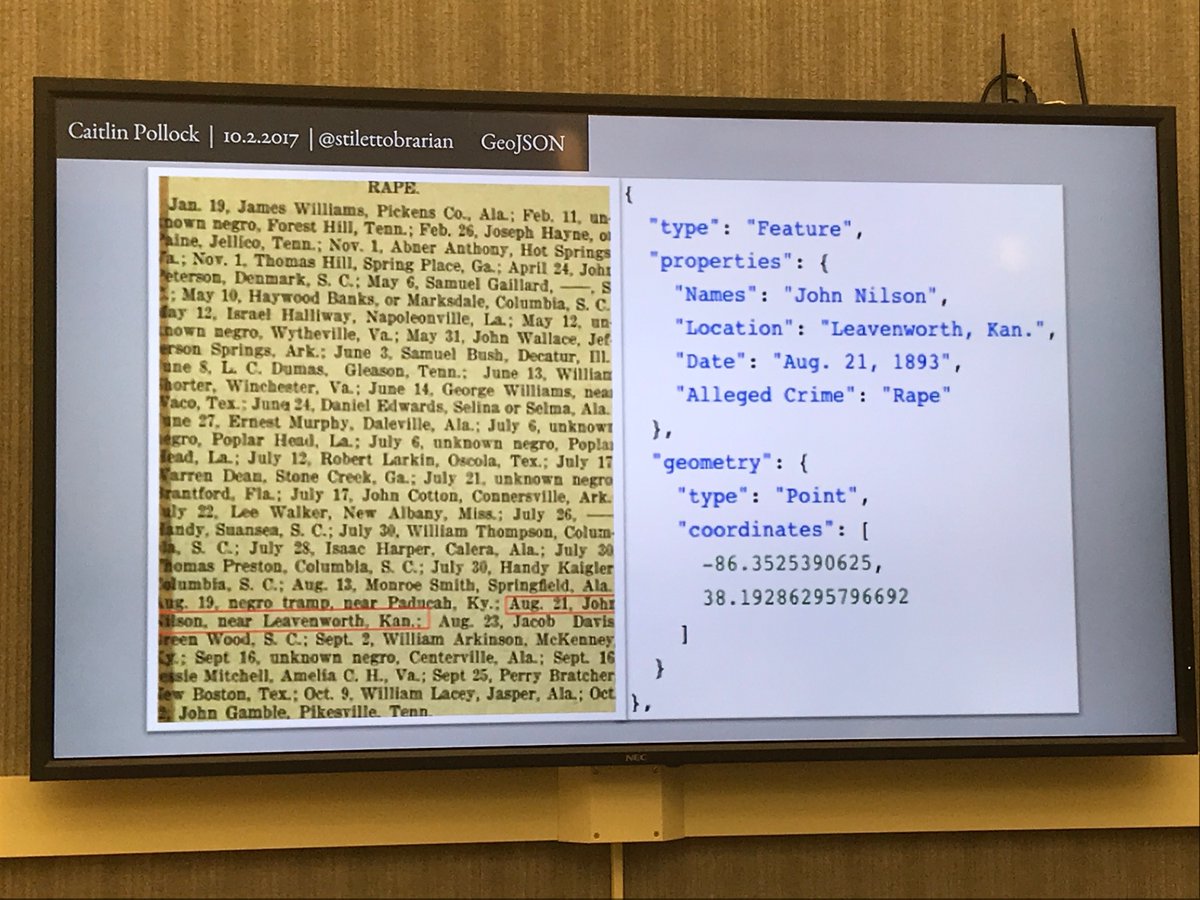Potential History of the Archive: The Micro Study of a Macro Institution
November 29, 4-6pm
Knight Auditorium, Spurlock Museum
600 South Gregory, Urbana
University of Illinois at Urbana-Champaign
Archives are interwoven with the presence of those who occupy various positions of power, authorizing them to both preserve and expose materials, as well as with the presence of those who come to leaf through those materials. Yet, archives are also sites of “potential history,” unrealized possibility that motivated and directed the actions of various actors in the past, and of a possibility that may become our own and be reactivated to guide our actions. The power and potentiality of archives brings us to the juncture of the macro and micro, large-scale power structures and smaller scale forms of civil relations and being-together that existed, and exist, at any moment in history without being shaped solely let alone exhausted by macro institutions. This talk will draw on Professor Azoulay’s micro engagement with photographic archives of U.S. slavery to argue for the civil possibilities within the macro structures and macro histories of regime-made disasters.




